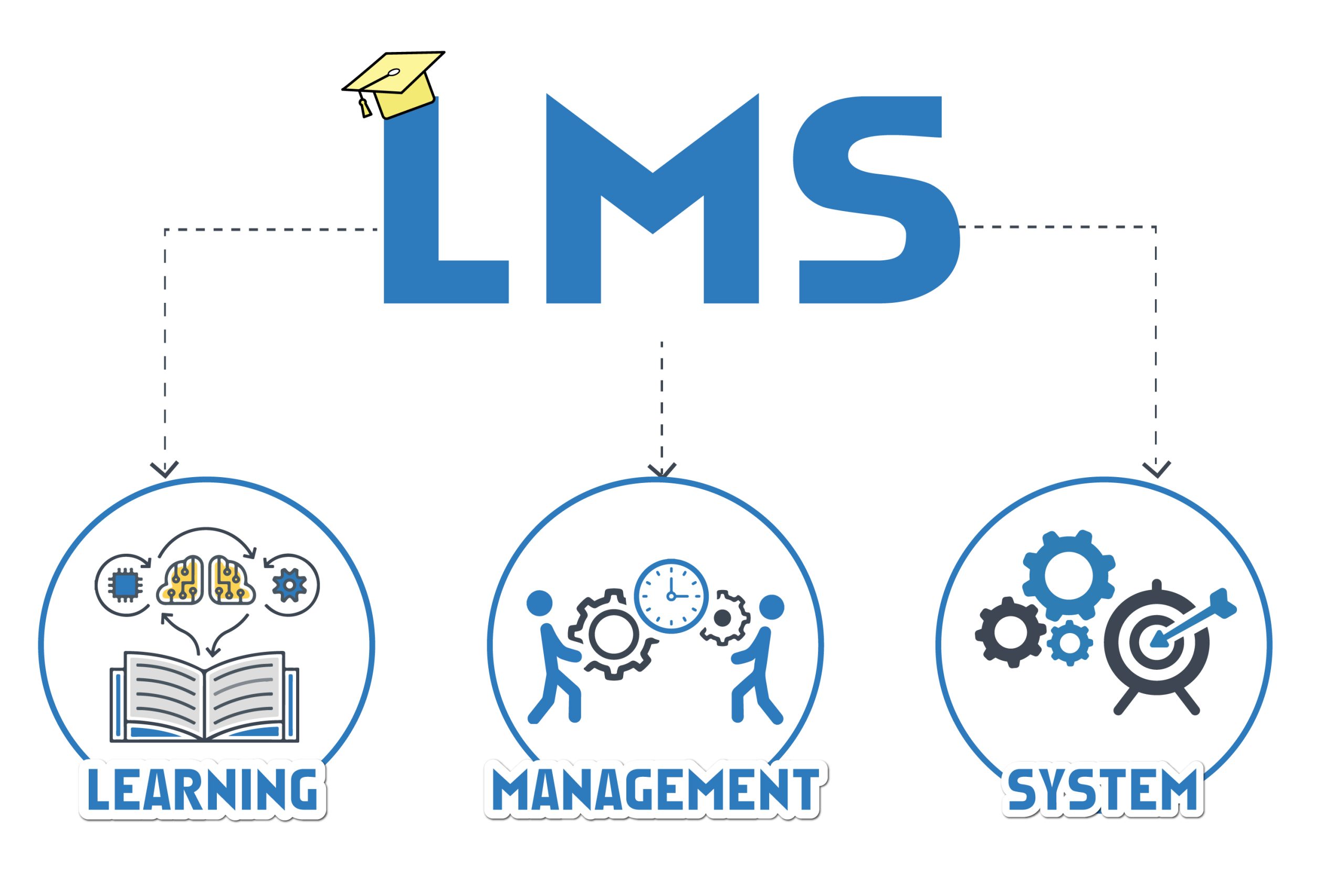Navigating the fast-paced world of digital transformation requires leveraging tools that prioritize the human experience. Learning Management Systems (LMS) play a crucial role in this journey, acting as a bridge between technology and our innate need for engaging, personalized learning experiences. Organizations embracing digital transformation recognize the importance of a human-centric approach, where technology supports emotional intelligence and collaboration, ultimately enhancing the overall learning experience and contributing to employee success.
In the context of digital transformation, personalized learning is no longer just a buzzword but a cornerstone for effective e-learning. By leveraging the capabilities of an LMS, organizations can customize educational content to meet individual learner needs, preferences, and career paths. Personalization in LMS development is achieved through advanced analytics that track learner progress and suggest tailored content, ensuring that each employee’s learning journey is relevant and engaging. This tailored approach not only boosts learner engagement but also significantly improves knowledge retention, as content is delivered in a way that resonates with each individual.
Another pivotal benefit provided by LMS platforms is their ability to foster emotional intelligence within e-learning environments. As organizations shift to digital methodologies, understanding and managing emotions can be challenging. LMS platforms incorporate features like interactive simulations and virtual scenarios that allow learners to practice empathy and emotional responses in a controlled environment. By nurturing skills in emotional intelligence, employees become better equipped to handle interpersonal relationships, adapt to change, and contribute positively to a collaborative workplace culture.
Collaboration stands as a vital component of digital transformation, which is where modern LMS solutions truly shine by providing collaborative environments for learners. Through discussion forums, group projects, and peer reviews, LMS platforms facilitate a culture of knowledge sharing and cooperation. This not only enhances the learning experience but also contributes to building a networked learning community where ideas are freely exchanged. Such collaborative efforts empower employees to draw from each other’s strengths and perspectives, enhancing creativity and problem-solving capabilities across the organization.
Moreover, as digital transformation unfolds, continuous learning and development have become paramount. LMS systems support this imperative by offering a plethora of on-demand resources that employees can access anytime and anywhere. This flexibility ensures that learning is not confined by time or location, allowing employees to fit development into their schedules seamlessly. By prioritizing continuous learning, organizations foster an environment where employees can continuously update their skills, adapt to changes, and innovate, driving long-term success and competitiveness.
Furthermore, successful digital transformation requires agility and responsiveness to change. LMS platforms facilitate this by providing data-driven insights through advanced reporting and analytics tools. Managers and trainers can quickly assess the effectiveness of training programs, understand learner progress, and make informed decisions to refine their strategies. These insights lead to more agile training programs that can swiftly adapt to emerging business needs or industry trends, ensuring that the workforce remains relevant and competitive in a fast-evolving landscape.
In conclusion, navigating digital transformation with a focus on LMS solutions and human-centric e-learning paves the way for organizations to thrive in an increasingly digital world. By prioritizing personalized learning, fostering emotional intelligence, creating collaborative environments, and embracing continuous learning, companies ensure that their employees are not only skilled but also engaged and equipped to excel. Ultimately, investing in robust LMS development supports the dual goal of advancing digital proficiency while nurturing the human elements essential for enduring success.
